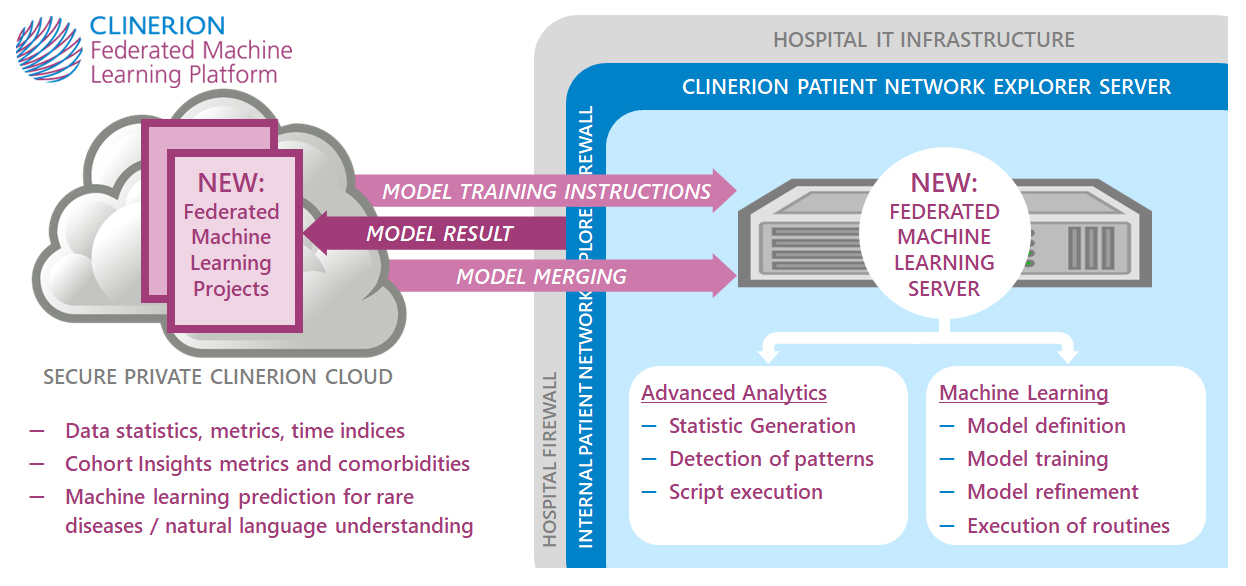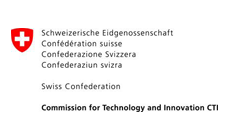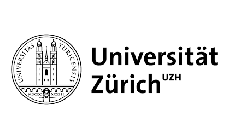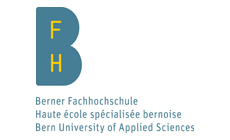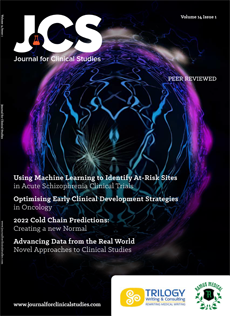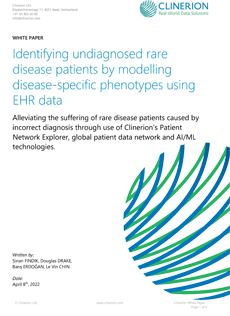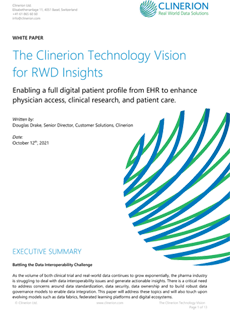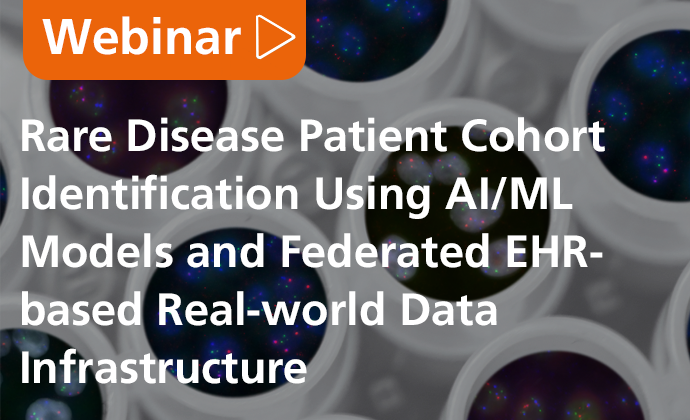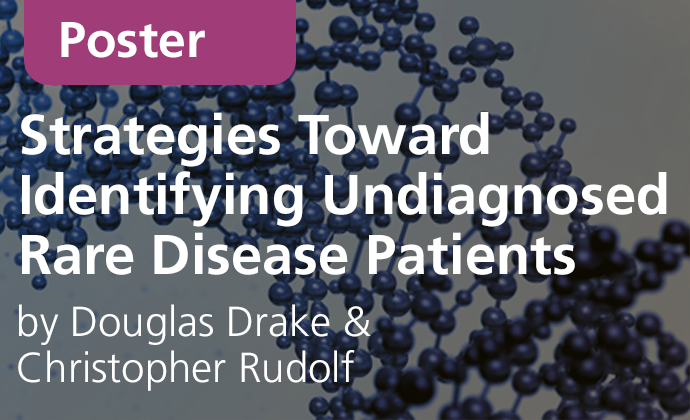
Clinerion has built a Federated Machine Learning Platform on its Patient Network Explorer infrastructure, incorporating real-world data (RWD) from its global network of partner hospitals. The new platform will train machine learning (ML) algorithms and enable sophisticated analytics and pattern recognition use cases, ultimately offering better diagnosis of patients.
- Development of advanced statistics and ML algorithms on Clinerion’s global network of de-identified electronic health records (EHRs), covering >435 M patients in 24 countries.
- Facilitation of federated learning, learning across site-nodes and model deployment to sites, enabling direct, anonymized data metrics and per site / per country patient population insights.
- Training of models on local data to identify patterns in local patient cohorts, and further optimization of models by using data from multiple sites.
This platform is now available for Machine Learning projects.
Potential Use Cases:
- Development of detailed models based upon all possible disease presentations and predictive biomarkers, enabling the detection of high risk patients before they reach critical state, as well as the generation of disease phenotype sets for the identification of undiagnosed diseases, e.g., to find rare disease patients.
- Generation of actionable insights into the patient journey.
- Access to diverse population data to increase the diversity and inclusion of racial and ethnic minorities in clinical trials.


